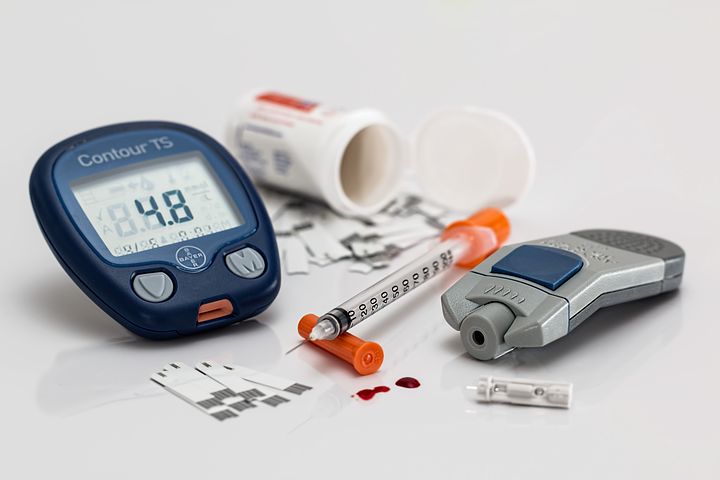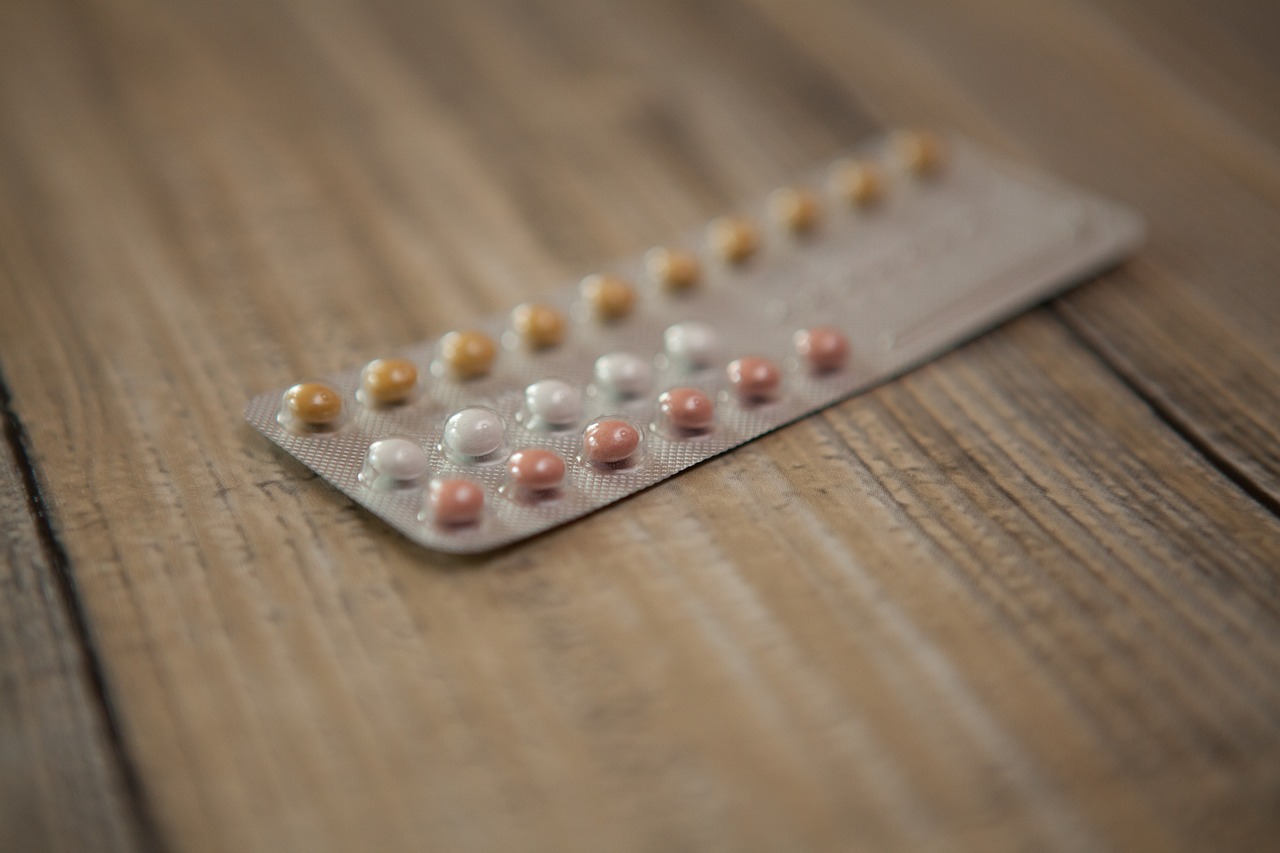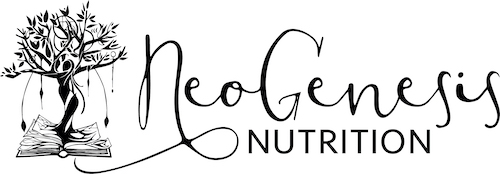Polycystic Ovarian Syndrome (PCOS) affects about 18-20% of women in the United States and most remain undiagnosed. The condition has grown in awareness by the medical community and was initially named Stein-Leventhal Syndrome (discovered by two American gynecologists in 1935), which was characterized by elevated androgenic hormones (testosterone) and anovulation with ovarian cysts. However, many women were diagnosed with Stein-Leventhal Syndrome who did not present with cysts on the ovaries. This has led to some pretty heated debates within the medical community as to the real diagnosis of PCOS since not all women present with cysts on their ovaries. The diagnostic criteria eventually focused more on the production of androgenic hormones and the absence of ovulation.
Originally, insulin resistance was at the forefront of the diagnostic and treatment options for PCOS. Insulin resistance results in hyperinsulinemia and increased luteinizing hormone (LH) production, which can increase androgenic hormone production. This increase in androgenic hormones may also increase blood pressure in PCOS women. This would also help to explain why many women with PCOS have hypertension.

PCOS can lead to irregular cycles or a complete lack of them. Common symptoms often include insulin resistance, diabetes, hormonal imbalances, missed periods, infertility, and excess weight.
Do you know which type of PCOS you have?

The PCOS diagnosis is no longer a one-size-fits-all as it has been in the past. Let’s take a look at the different types of PCOS.
1. Insulin-resistant PCOS
The body struggles to recognize and regulate insulin production. If insulin circulates in the body at a higher level, it will trigger higher levels of androgens also to be produced. This type of PCOS can also lead to brain fog, excess thirst, and weight gain.
2. Inflammatory PCOS
High levels of inflammation can inhibit ovulation and lead to an imbalance in the sex hormones (and other hormones as well). Those with inflammatory PCOS will often have frequent headaches/migraines, infections, and skin allergies. It is essential to check Vitamin D and thyroid hormone levels and find healthy ways to transform stress from negative to positive. (Yes, we can have positive stress in our lives!) Also, an anti-inflammatory diet that eliminates dairy, gluten, processed foods, and sugar can help reduce inflammation.


3. Post-Birth Control PCOS
(Yes! You can develop PCOS by taking birth control pills since it throws your natural hormones out of balance.) occurs when a woman stops taking the birth control pill. She may see excessive hair growth, irregular periods, and acne. Those taking a Pill with synthetic progestin are at an increased risk of this type of PCOS developing. Fortunately, this type of PCOS is reversible as long as the body is allowed to do the healing work.

4. Adrenal PCOS
This is where there is no insulin resistance present or birth control usage. Typically, this type of PCOS is stress (and trauma) driven, which can also lead to inflammation in the body. These individuals will often have increased DHEA production, which then converts to testosterone.
The treatment for each type is different, but they often have overlapping qualities. Treating your PCOS requires knowing which of the four subsets you have. Our Functional Laboratory testing and bloodwork from your primary or OB/GYN can determine this.
If you are curious about what your hormones are doing and how to balance them using nutrition, please contact our office immediately. We are sitting by (because I bought everyone chairs, and no one has to standby!) waiting for your call and are eager to help YOU!
Give Us a Call!
To Schedule a session call 253.507.5775
or
Email Admin@NeoGenesisNutrition.com

